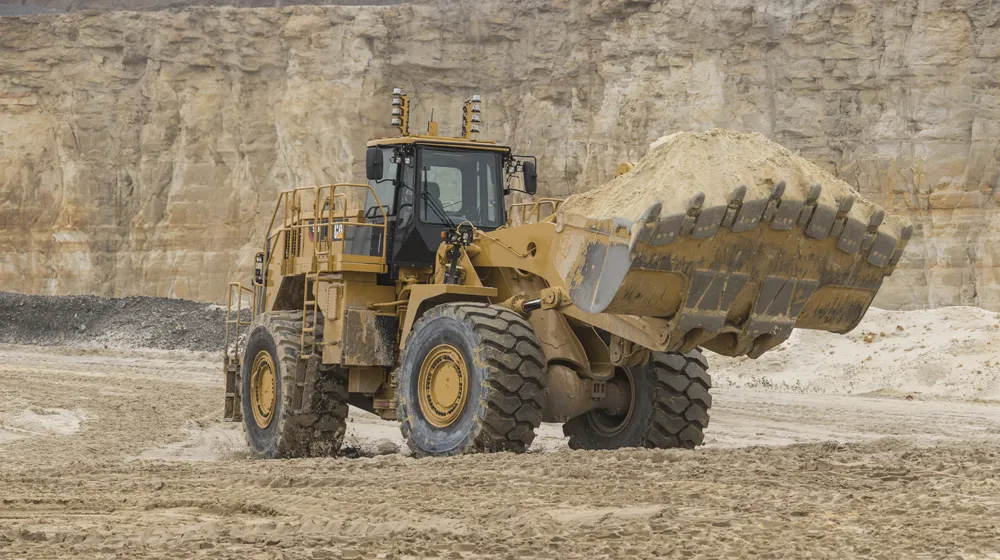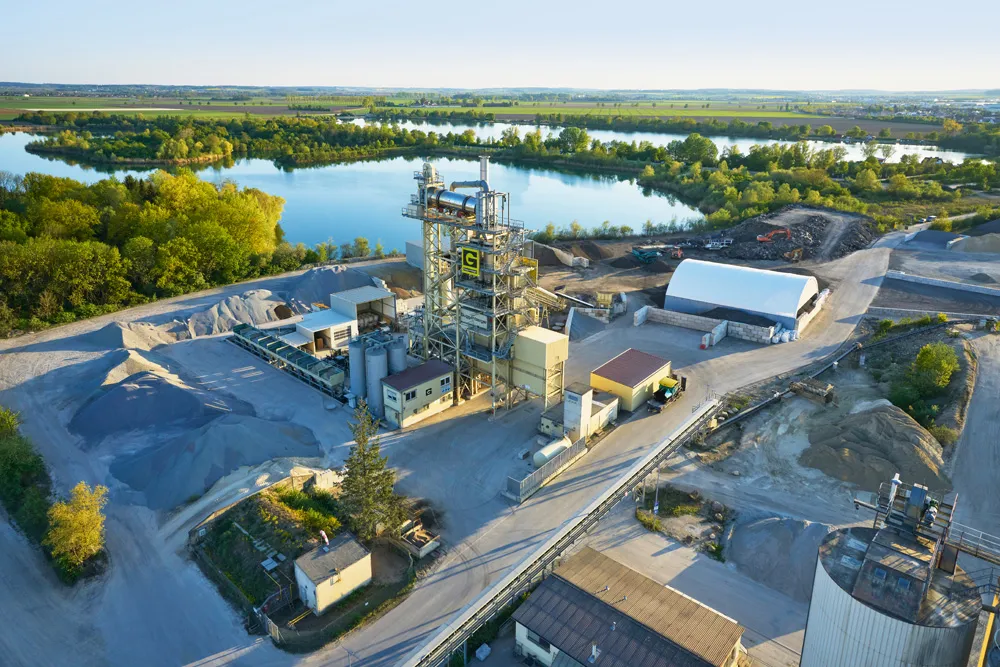
The package offers the answer to a number of key questions for road contractors and clients alike. What is the environmental impact of rigid, semi-rigid or flexible structures? Does soil stabilisation reduce the environmental footprint of pavement and if so, by how much? How can engineers quantify the environmental impact of recycling in road construction? And how are innovative structures, materials and solutions performing from an environmental point of view? What about the impact of materials hauling distances?
According to LafargeHolcim, the responses to these questions are often biased and based on habits, preferences, or perceptions. However, the company’s researchers have developed COPave to provide an objective and exhaustive evaluation of road projects to assist decision-making.
The firm says that COPave allows an objective evaluation of roads, covering all stages of the projects, from the choice of raw materials to end of life considerations, including the use phase of the roads.
A number of parameters need to be considered when performing the life cycle assessment of a road project. These parameters range from the choice of raw materials and the pavement structural design, to the chosen maintenance scenario and its effect on the fuel efficiency of the vehicles during the project’s use phase.
The LCA results also depend on local climate conditions and traffic forecasts that change from project to project. That is why there is no universal answer as to what the best material or structure is, and why COPave is needed to fully understand the potential impact of often complex projects.
The environmental performance of any road project also depends on the local context. Several asphalt plants and aggregate quarries are available at different distances, leading to different production processes and offering different products.
These local conditions can result in a 30% change in the carbon emissions associated with the construction and maintenance operations of the project. COPave allows users to optimise the impacts of operations while also understanding how the choices made can affect the impact of the use and end-of-life phases of the road project. Understanding which life cycle stage offers the highest carbon emissions saving potential will be key in supporting the deployment of a sustainable road infrastructure.








